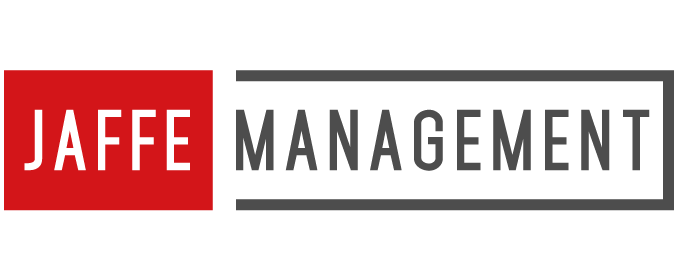04 Feb 2015 Independent Audits for Associations Part 4: How to Engage an External Auditor
We wrap up our four-part series on independent audits for associations with a guide to selecting the best possible person to perform the task. Selecting a qualified auditor is critical so an association can:
Enjoy the benefits of an effective audit and Prevent wasting resources on someone who will not produce a quality audit.
Steps for Selecting an Independent Auditor for Your Association
In order to identify a qualified auditor and ensure that the investment you make in his/her services delivers the best possible return, an association should take these five steps.
1. Plan – When auditing financial statements, the association must determine whether the auditor will limit his/her examination to general-purpose financial statements (the bare minimum) or extend the audit to cover additional statements, such supplementary schedules.
2. Developing a systematic procedure for evaluating prospective auditors’ qualifications is essential. This bulletproofs the process and the selection committee.
3. Ask for Proposals – Create a solicitation document that outlines clearly what the audit requires and ask that staff and board members disseminate it as widely as possible, including to candidates from general and professional directories. At a minimum, you should include.
-The name and address of your organization;
-Scope of services to be provided by the auditor
-Specific reports to be delivered
-The period to be audited
-The date the audit is due
-Contact information for an association representation
-Method and timing of payment
Rather than the expense of a traditional mailing, you may wish to post your RFP (Request for Proposal) digitally on your association website and elsewhere on the web. Another option is to contact your state’s CPA Society. They can publish your RFP in their periodical.
4. Select an Auditor
The association’s Audit Committee, including the President and Treasurer, evaluate prospective auditors and assess their competency for the job. The committee should be composed of people with experience in accounting, auditing, budgeting, or any other specialty field that lends and understanding of the audit process.
Price should not be the sole factor in selecting a qualified independent auditor for your association. The best possible auditor will be someone who is experienced with association audits and has worked for entities that are similar to yours. Evidence of continuing professional education in accounting and auditing is also important.
5. Write the Contract
The lack of clarity between an association and its auditor can contribute to major problems. Therefore it is wise to document, in writing, the expectations of the association and the auditor and to have both parties sign off on it. The contract should include:
-The scope and purpose of the audit
-Professional standards
-Deadlines for work to be performed’
-Support to be provided to be provided to the auditor by the association
-Deadlines for support material to be provided
-Report format
When drafting your contract, a legally binding agreement, you should seek the advice of your association’s legal counsel on the form and substance of the document.
6. Monitor Progress – A periodic review of the auditor’s progress helps ensure a quality and timely audit. Periodic progress reports and regular meetings to discuss issues that need to be resolved can keep an audit on track.
Another valuable step at the completion of the audit is for the Audit Committee to discuss the draft report with the auditor before it is circulated to the board as a whole. This can help ensure a clear understanding of thereport and its findings.


